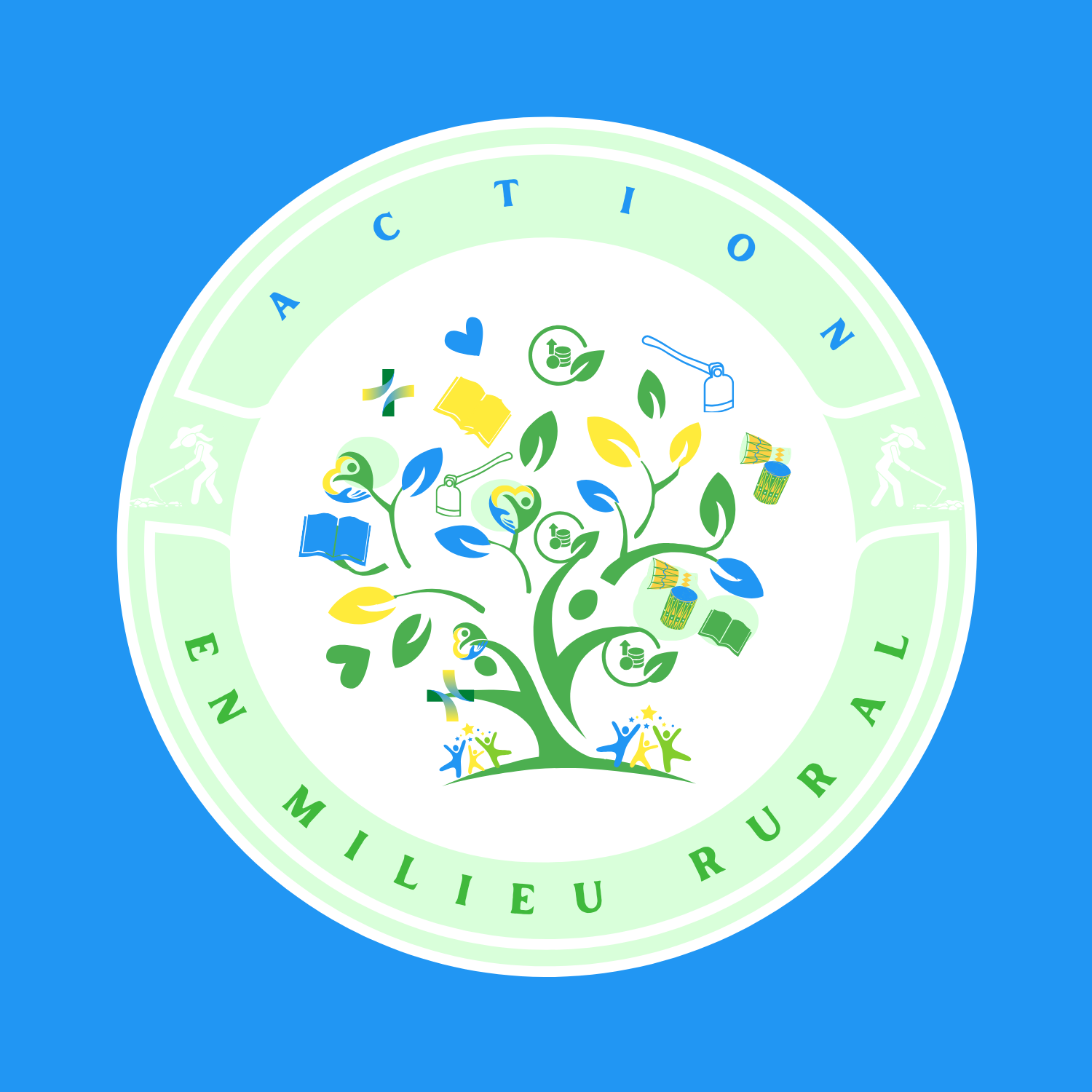Explore the Bachelor of Software Engineering (Honours) at Monash University Malaysia: course structure, core units, elective subjects, key insights, and FAQs.
Discover the essentials of pursuing a Bachelor of Software Engineering (Honours) at Monash University Malaysia, located in Subang Jaya, Selangor. This page provides a detailed, SEO‑friendly overview of course structure, subjects at each level, electives, and FAQs—all optimized to help students and search engines alike.
Overview of the Software Engineering Degree
- Offered on campus over four years, with intake in February, July, and October
- Fully accredited by the Australian Computer Society
- Designed to build not only programming expertise, but also essential teamwork, project management, and communication skills through studio-based learning
Why Choose Software Engineering at Monash Malaysia?
Monash Malaysia is the first foreign university campus in Malaysia and maintains rigorous international standards (Wikipedia). The software engineering program emphasizes the engineering discipline in software creation—not just coding.
Graduates emerge ready for roles such as software engineer, systems analyst, software architect, QA specialist, or project manager across various sectors like finance, healthcare, and telecommunications.
Course Duration, Fees & Intakes
- Duration: 4 years full‑time
- Local student cost estimate: ~ USD 50,514 total (~USD 12,629/year)
- International student cost estimate: ~ USD 59,616 total (~USD 14,904/year)
- Typical intake months: February, July, October
Entry Requirements
Standard metrics include MUFY (76.25%), GCE A Levels, STPM, IB 30, UEC, etc. English proficiency, as demonstrated by an IELTS score of 6.5 or equivalent, is required.
Curriculum Structure & Year-Level Subjects
Year One (Level 1)
Core units: Engineering methods, numerical analysis, design, smart systems, mathematics.
Electives include: Discrete mathematics, introduction to software engineering, introduction to computer science, systems engineering, and industry‑related topics.
Year Two (Level 2)
Core units:
- FIT2085 Introduction to Computer Science for Engineers
- FIT2099 Object-Oriented Design & Implementation
- FIT2101 Software Engineering Process & Management
- FIT2107 Software Quality & Testing
Plus discrete maths and electives.
Year Three (Level 3)
Core units:
- FIT3077 Software Engineering: Architecture & Design
- FIT3170 Software Engineering Practice (12 credit intensive project)
- FIT2100 Operating Systems
- FIT3171 Databases
Electives include usability, information security, data analytics, business intelligence, and mobile and intelligent systems.
Year Four (Level 4)
Includes two major capstone projects:
- FIT4701 Final Year Project A
- FIT4702 Final Year Project B
Also: FIT4165 Computer Networks
Plus technical elective units and industrial training (for Malaysian campus students) based on studio or research projects (~12 credit points each).
Sample Electives & Specialisations
Beyond core units, students can specialise via technical electives such as:
- Mobile Application Development
- Cyber Security
- Theory of Computation
- Data Science, Business Intelligence
- Intelligent Systems, Usability and HCI.
Practical Learning: Studio & Industrial Experience
- Studio-based learning enhances teamwork and project delivery skills.
- In Malaysia, students complete an Industrial Training module (0 credit) in Level 4; in the Australian campus, Continuous Professional Development is required instead.
- The 12‑credit intensive practice module (FIT3170) simulates real software team experience.
Programming Languages & Technical Tools
Students learn multiple programming languages and tools typical in industry: object‑oriented languages (e.g., Java, C++), frameworks for databases and UI, tools for testing and quality assurance, and architectures for large‑scale systems. While the specific languages vary from year to year, the curriculum prepares students to adapt to evolving industry demands.
Career Outcomes & Accreditation
Graduates are eligible for professional roles such as Software Engineer, Systems Analyst, Software Architect, QA Analyst, or Project Manager in sectors like tech, banking, medical devices, and telecommunications.
The degree is accredited by the Australian Computer Society, ensuring global recognition of competency standards.
Comparison to Computer Science
Though overlapping, software engineering is application and process-centric, focusing on building reliable, scalable software under engineering principles. Computer science emphasizes theoretical foundations like algorithms, computational theory, and data science. Monash software engineering integrates both but is oriented toward building real-world systems through the engineering discipline.
FAQ Section
1. What makes this course different from a computer science degree?
Software engineering emphasizes systematic engineering, project life cycles, teamwork, and industry-standard practices. Computer science is more theoretical and research‑oriented.
2. How many projects are required in this degree?
Two major final‑year capstones (FIT4701 & FIT4702, 12 credits each), plus a 12‑credit mid‑level practice module (FIT3170) and industrial training/practicum in Level 4.
3. Are electives available, and what are common choices?
Yes—electives include mobile app development, data science & analytics, cybersecurity, usability, AI/Intelligent systems, and theory of computation, among others.
4. What are the entry requirements for international students?
Qualifications such as IB ~30, GCE A‑level ~10–11, STPM 9.4, UEC ~3.0, English IELTS 6.5 or equivalent.
5. What career roles are typical after graduation?
Positions like software engineer, systems analyst, QA/test engineer, software architect, and project manager, in tech-driven industries like finance, healthcare, telecom, and government.
SEO Optimization & Key Highlights
- Focus keyword usage: “Monash University Malaysia software engineering subjects”, “software engineering course Monash Malaysia”, “Monash software engineering curriculum”.
- Clear structuring with H1–H4 tags, bullet/multiple lists, and tables for clarity.
- Internal repetition of the main keyword in the title, headings, FAQs, and meta tags.
- Trust signals: accreditation (ACS), detailed curriculum, project-based learning, and cost transparency.
- Reader‑friendly tone paired with SEO‑rich content for visibility across organic search.
Summary Table: Year‑by‑Year Core Units
| Year | Core Subjects (examples) |
|---|---|
| Year 1 | Engineering methods, numerical analysis, design, smart systems, engineering mathematics |
| Year 2 | Introduction to CS for engineers, Object‑oriented design, Software process & management, Software testing & quality, Discrete maths |
| Year 3 | Architecture & design, Software practice (project), Operating systems, Databases |
| Year 4 | Engineering methods, numerical analysis, design, smart systems, and engineering mathematics |
Final Insights
Choosing Monash Malaysia’s Bachelor of Software Engineering (Honours) offers a globally accredited degree, real-world training via studio and industry placements, and tailored electives that match evolving tech trends. With a clear, structured curriculum and recognized accreditation, graduates are well-prepared for high-demand roles in software development and engineering worldwide.
Conclusion
Monash University Malaysia’s software engineering program strikes a balance between theory and practice, industry relevance, and academic rigor. With its international reputation, accredited curriculum, rich project work, and broad elective options, it’s an ideal pathway for students aiming for professional software engineering roles in a global tech environment.
FAQs
1. What is the difference between Software Engineering and Computer Science at Monash Malaysia?
While both programs involve computing and programming, Software Engineering at Monash Malaysia focuses on the engineering principles behind the development of software systems. It emphasizes project management, lifecycle models (like Agile and DevOps), quality assurance, and collaboration in team settings. In contrast, Computer Science is more theoretical and research-driven, covering deeper mathematical foundations, algorithms, and computational theories.
In short, software engineering trains you to build real-world applications and manage software development as an engineering process. In contrast, computer science teaches you to understand how computers work at a fundamental level and prepares you for innovation, research, and development (R&D).
2. How many practical projects are integrated into the course?
The Bachelor of Software Engineering (Honours) at Monash University Malaysia includes numerous project-based assessments throughout the four years:
- FIT3170 – Software Engineering Practice (Year 3): A 12-credit point unit where students work on simulated industry-level software projects in teams.
- FIT4701 & FIT4702 – Final Year Project A & B (Year 4): A two-part capstone project that includes research, system design, implementation, and presentation.
- Industrial Training (Year 4): Students undergo real-world training or an internship to gain hands-on experience in an actual company or tech environment.
These practical modules ensure that students not only understand theoretical concepts but also apply them to real-world, large-scale software systems.
3. What electives can students choose?
Monash University Malaysia offers a wide range of technical electives in the software engineering program, especially in the later years. Some popular choices include:
- Mobile Application Development
- Cybersecurity
- Usability and Human-Computer Interaction
- Data Science and Business Intelligence
- Artificial Intelligence and Intelligent Systems
- Theory of Computation
These electives enable students to tailor their learning to their interests and industry demand, allowing them to specialize in high-growth areas such as app development, data analytics, or cybersecurity.
4. What entry qualifications are needed, especially for international applicants?
Monash University Malaysia accepts a variety of academic qualifications. Here are the general entry requirements for international students:
- GCE A Levels: At least 10–11 points from the best three subjects.
- International Baccalaureate (IB): Minimum score of 30.
- STPM (Malaysia): Minimum CGPA of 3.0 or equivalent.
- UEC: 3.0 GPA with credit in English, Mathematics, and Science.
- Foundation in Science (MUFY or equivalent): 76.25% overall.
- English Proficiency: IELTS score of 6.5 (no band below 6.0) or equivalent TOEFL/PTE scores.
It’s recommended to check directly with Monash Malaysia’s admissions for the most accurate and updated requirements based on your specific education system.
5. What kind of careers can one pursue after graduation from this course?
Graduates from the Bachelor of Software Engineering (Honours) program are prepared for a range of in-demand careers in both local and international tech sectors. Some common job roles include:
- Software Engineer
- Systems Analyst
- Full Stack Developer
- Software Architect
- QA/Testing Engineer
- DevOps Engineer
- Project Manager in IT
Industries that commonly hire Monash software engineering graduates include financial services, health tech, telecommunications, e-commerce, software consulting, and government agencies. The program also provides a strong foundation for those who wish to pursue postgraduate research or specialize further in high-tech fields such as AI, robotics, or cloud computing.



Laisser un commentaire